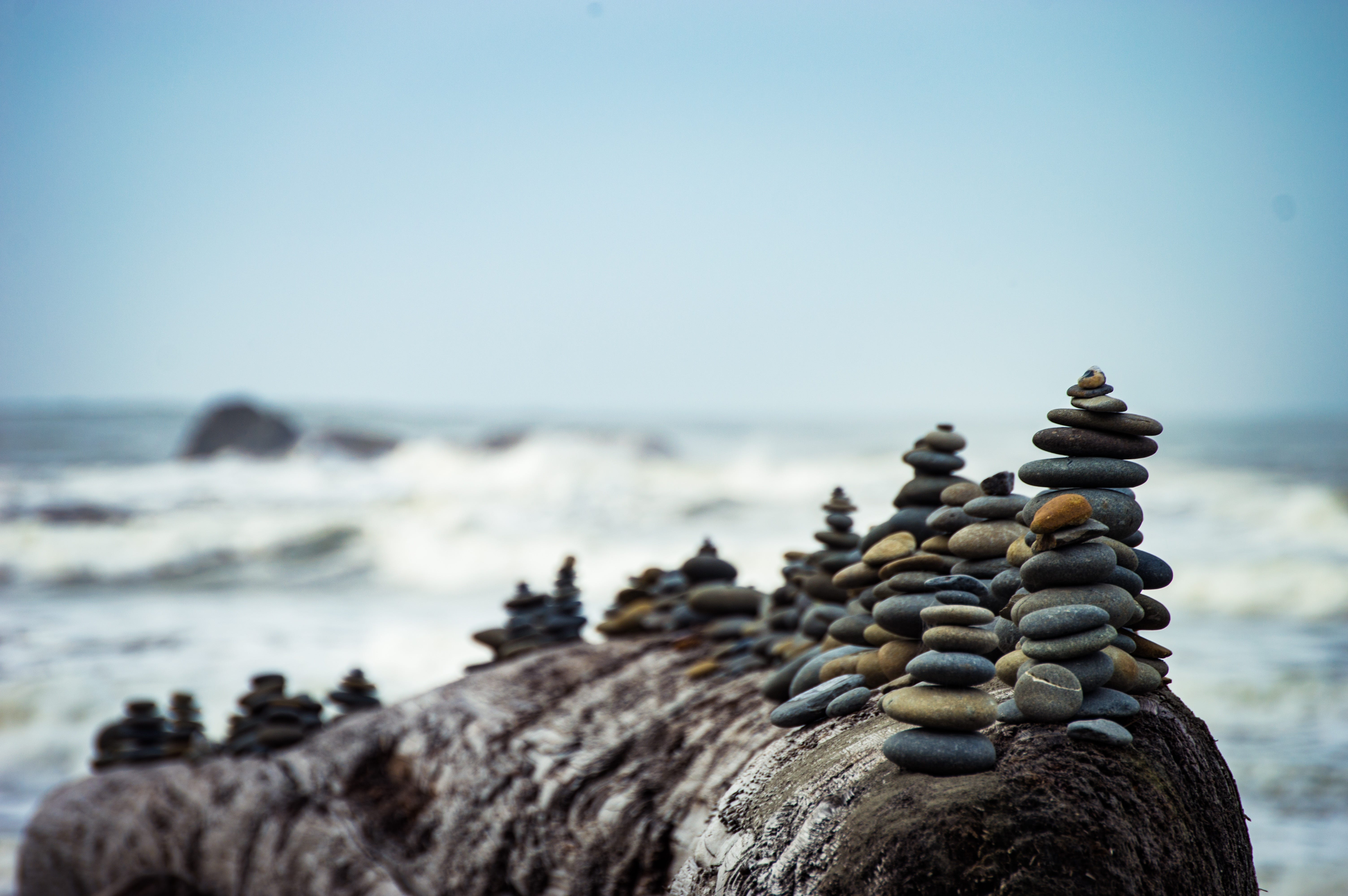In our tradition, to pray is to examine our deeds and intentions. The Hebrew word for praying—l’hitpalel—is a reflexive form of the verb “to judge.” For the Jewish people, prayer involves intense conversation with both the Divine and our innermost selves—which are sometimes one and the same.
Jacob rises to that challenge in this week’s Torah portion, Vayishlach. Encamped alone on the far bank of the Jabbok river, he grapples all night with a mysterious being. As morning breaks, this adversary blesses Jacob with a new name, Israel—One Who Wrestles with the Divine. But who is Jacob’s enigmatic opponent? Most of our commentaries suggest that it was the guardian angel of his estranged brother Esau. But the twelfth-century sage Rashbam suggests that the angel is an embodiment of Jacob’s own inner nature, sent by God. Rashbam teaches: The Holy One answers a person’s prayers if the person prays by searching himself, becoming his [or her] own opponent.
For Rashbam, this sacred encounter recognizes the essential nature of prayer as painstaking self-examination. At its best, religious expression pushes us to grow. Our Sages suggest that we use the words of the siddur as shovels to dig deep into our own souls and transform ourselves. For us, as for Jacob, serious prayer demands that we see ourselves as we really are—and as we hope yet to become. This requires significant courage.
In the 2008 documentary Examined Life, writer and philosopher Cornel West muses upon the spiritual audacity inherent in this sort of self-reflective life:
It takes tremendous discipline, it takes tremendous courage to think for yourself, to examine yourself. The Socratic imperative of examining yourself requires courage. William Butler Yeats used to say that it takes more courage to examine the dark corners of your own soul than it does for a soldier to fight on the battlefield. Courage to think critically. Courage is the enabling virtue for any philosopher, for any human being I think in the end. Courage to think, courage to love, courage to hope.
**********
This week’s midah/character trait is courage—in the Hebrew, ometz lev, meaning “strength of heart.” Time and again in Torah, God girds us with the words chazak v’amatz—be strong and of steadfast courage. This does not mean living free of fear; instead, it guides us to move forward through the fear. Clear-eyed self-examination is almost always scary, but if our hearts are strong, we can muster the courage to look inward and grow outward.
********
Mussar Practice for this Week (from Every Day, Holy Day)
On an index card—or on your phone or other portable electronic device—write down Alan Morinis’s beautiful mantra for gratitude: Forward and upward, strong heart.
Ask some hard questions of yourself, that might lead you to do better work at home and in the world.


/cdn.vox-cdn.com/uploads/chorus_image/image/60485829/1568617.jpg.0.jpg)